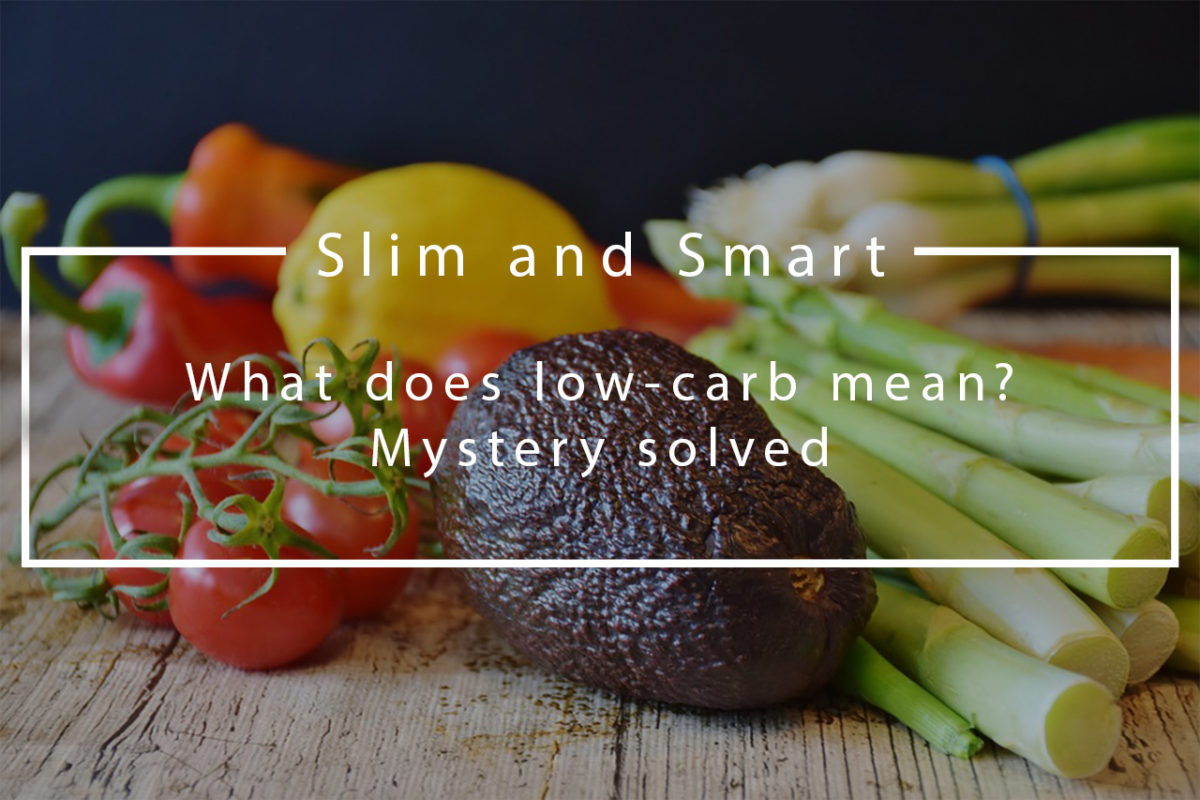It is a well-known fact that if someone wants to lose weight, then he or she needs to reduce carbohydrate-intake. This is one of the main reasons why most of the popular diets concentrate exactly on this: cut carb-intake and you can achieve the dream body. But there is some confusion going on concerning low-carb labels. What does low-carb mean? And what does reduced carb content mean? It is not easy to decide, so in this article we would like to discuss in detail, what these expressions mean to help those out there who want to follow a low-carb diet and pay attention to carb-intake.
We all love pizza and pasta dishes and the smell of warm baked goods are also irresistible, so it is not easy to get rid of them. Fortunately, nowadays there are many options to choose from if you want to eat low-carb food that is not just healthy but delicious and easy-to-make at the same time. But before discussing what products would be ideal for your dietary needs, let’s see what carb is, what reduced carb content means in general and what low-carb means on food labels.
The bad news is that basically everything contains carbohydrate. Yes, this is a fact. Not just grains but fruit and vegetables – for example, banana, apple, potato, pear, cauliflower etc. – can also be packed with carb, which makes the life of dieters extremely difficult. One thing needs to be emphasized: carbohydrates are not guilty, and we – consumers – are not guilty either, but we tend to eat more carb than necessary because in most cases high-carb food tends to be delicious. Cutting carb can lead to several health improvements. For instance, low-carb diet is great to avoid blood sugar swings, and by following this diet, we can get rid of excess water that our body tends to store due to the fluctuation of insulin level.
The ‘low-carb’ sign
The ‘low-carb’ sign on food labels can be quite confusing. It does not mean that carbohydrate have been extracted or removed from that product. It means during production, they used an alternative ingredient that has lower carb-content. As opposed to the plain, white flour (or all-purpose flour), almond flour, coconut flour, chickpea flour, sesame flour and kernel seed flour are great low-carb flour alternatives. You can use these flours for cooking and baking freely, but keep in mind that they require more attention and slightly different preparation method than the conventional flours, so read the instruction label carefully.
It is also important to note that our body needs carb, as it is one of the main fuels of the body, so cutting out carb completely is not the best solution when dieting. Also, low-carb diet is not suitable for everyone, so it is advisable to discuss your needs with a nutritionist.

